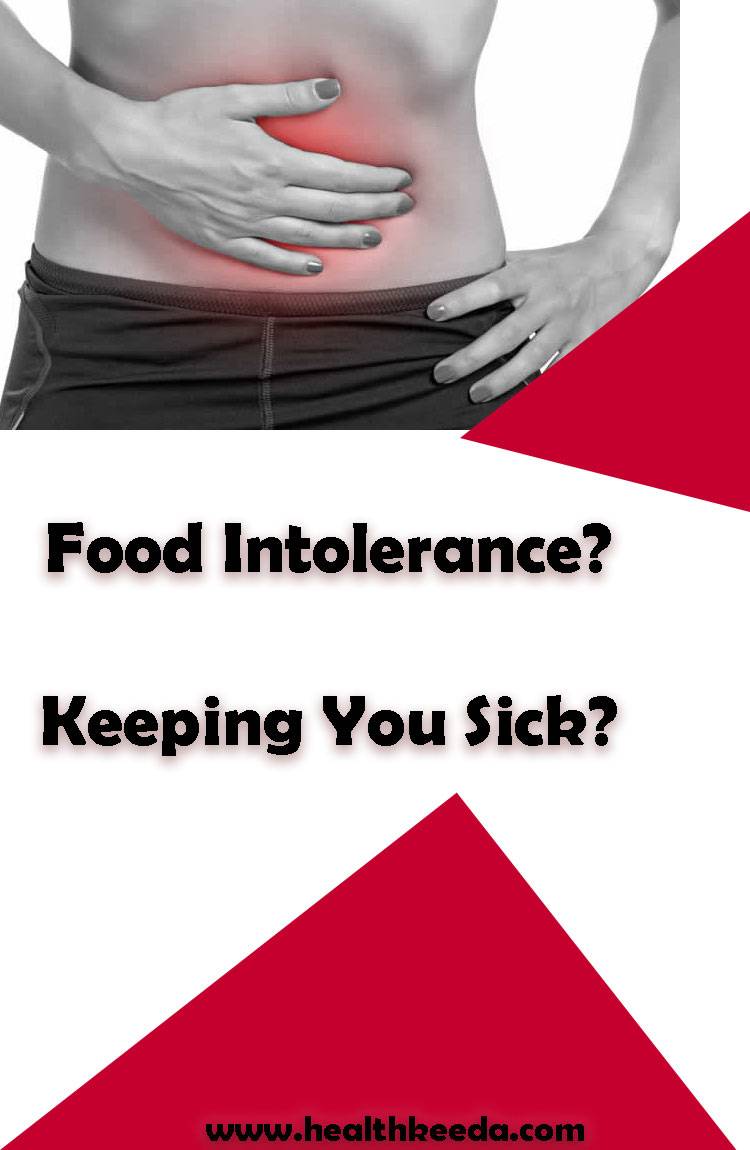Do you suffer from sluggish digestion, anemia, or arthritis? You may have a food intolerance that you do not know about. In this article, we will be looking at the symptoms of food intolerances, what causes this condition and what you can do to improve your digestion. You can also visit Authority Health for all your other health-related questions.
What Are Food Intolerances?
To keep it simple, food intolerances are caused by your body’s inability to digest certain foods. Symptoms of this condition are slow to appear and are often very different depending on the person. Although the gut is unable to process certain kinds of foods causes the majority of food intolerances, it can also be caused by a deficiency in certain enzymes.
Is There A Difference Between A Food Allergy And An Intolerance?
Although, allergies and food intolerances are both brought on by the food you eat, different things cause them. When you have an allergic reaction to food, it happens because your immune system reacts violently to the compounds in the food you consumed. Issues in the gut, on the other hand, cause intolerances. These two conditions also have completely different symptoms. Allergic reactions are generally characterized by the development of hives, shortness of breath, and difficulty swallowing.
Symptoms Of Food Intolerances
Although there are a wide variety of different symptoms associated with food intolerances there are a few common symptoms. They may help you to identify whether or not you suffer from this condition. These symptoms are:
● Migraines
● Eczema
● Irritable Bowel Syndrome
● Bloating
● Joint Pain
● Asthma
● Anxiety
● Fatigue
What Should I Do If I Suspect I Suffer From A Food Intolerance?
Rule Out An Allergy
When you first begin to examine your health and track the symptoms that make you feel ill, it can seem rather overwhelming. The first thing you need to do is to figure out if you are suffering from a food allergy or if it is something else. An intolerance might make you uncomfortable or cause bloating, flatulence or indigestion, but an allergy could potentially be life-threatening. Both can cause nausea, stomach pains, excessive gas, and fatigue, but hives, a swollen throat, and itching or tingling of the lips are all signs you are having an allergic reaction. If you think you are allergic to something, you should stop eating that particular food immediately and make an appointment with your doctor.
Start A Food Diary
Once you have ruled out any allergies you should start keeping a log of everything that you eat. It is best to keep a small diary with you at all times. In this diary, you should make a note of everything you eat for at least a week. Although it can be challenging, you should also try to make a note of the ingredients that are included in any processed foods that you eat. You should also make a note of any symptoms that you experience and the time that you first noticed it. After a week of tracking your meals, you can look back at your food diary and see if you notice any patterns.
Try An Elimination Diet
Once you have discovered a pattern of foods that make you feel unwell, you should eliminate these foods from your diet as soon as you can. It is also a good idea to go on a basic elimination diet for a while. In this diet, you only eat a limited diet for a few weeks. Then you slowly start introducing other foods one at a time. Each week you add another new food to your diet. This way you can immediately establish if a certain ingredient is making you ill. The following is a basic example of an elimination diet:
● Fruit- All fresh fruit except citrus fruits like oranges, lemons, and limes.
● Vegetables- any fresh vegetables, raw or cooked, with the exception of tomatoes, eggplant, and potatoes.
● Meat and seafood – Fish, turkey, lamb and wild game.
● Dairy – you are not allowed to have any dairy products that come from animals. However, certain dairy-free alternatives are acceptable. These include almond milk, rice milk, and coconut milk.
● Fats – cold-pressed olive oil, flaxseed oil, coconut oil.
● Spices – sea salt, fresh pepper, fresh herbs, and spices.

